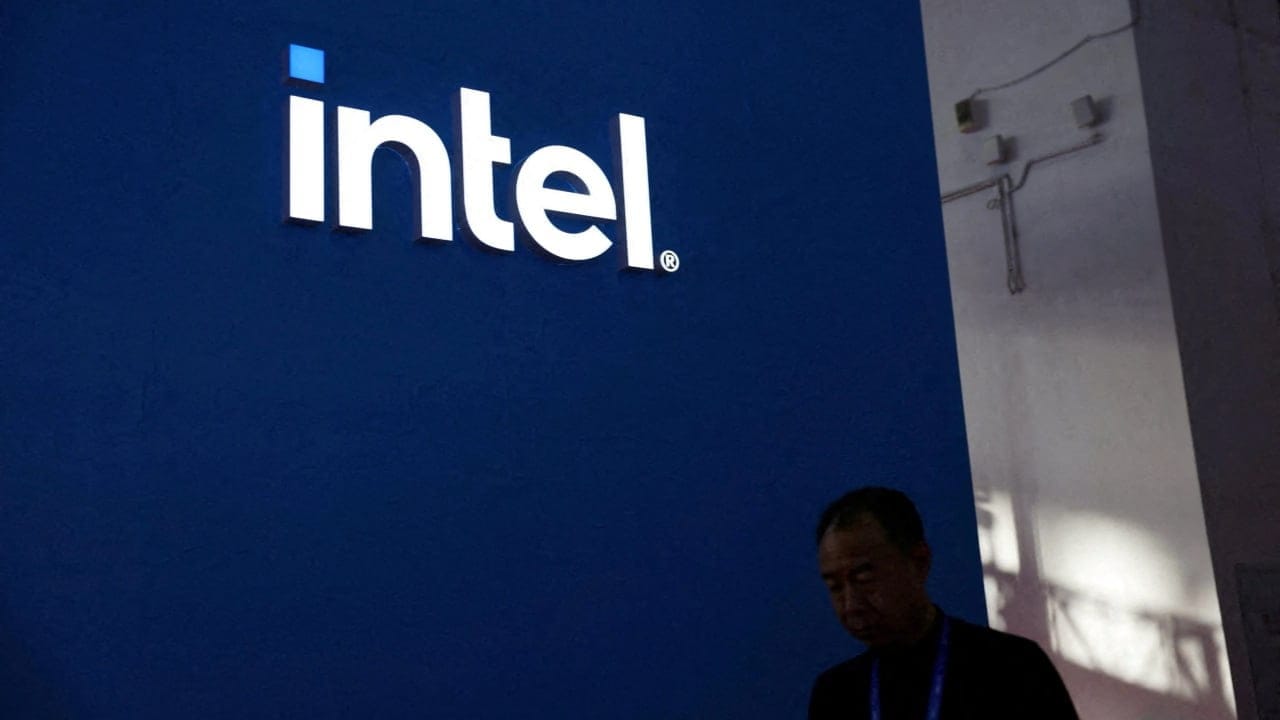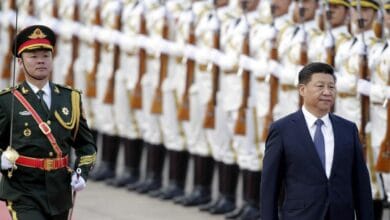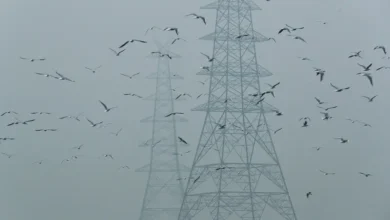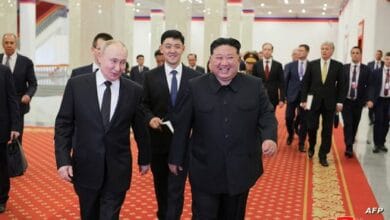Intel halts $25 billion factory construction in ‘Israel’

Intel Corporation announced a halt to constructing its new USD 25 billion microchip factory in “Israel”, as reported by Calcalist and confirmed by Intel.
Intel, a major player in global technology, clarified its stance, emphasizing the need to adapt to evolving project schedules without explicitly referencing the “Israeli” site’s report.
“Israel continues to be one of our key global manufacturing and R&D sites, and we remain fully committed to the region,” Intel told Reuters.
Sicho Infrastructure Company, overseeing construction, received notification from Intel detailing the suspension of certain construction activities related to the expansion of its microchip facility in Kiryat Gat.
The halt comes months after Israel approved a USD 3.2 billion grant to Intel for constructing the state-of-the-art facility, hailed as a landmark investment.
The proposed factory, known as Fab 38, was slated to bolster Intel’s capacity in producing advanced microchips, crucial for its global supply chain resilience strategy.
Intel currently operates multiple development and production sites across “Israel”, including the prominent Fab 28 in Kiryat Gat, which manufactures Intel 7 technology chips. The new factory was poised to significantly expand Intel’s footprint in the country, promising economic benefits and technological advancements.
However, the decision has sparked reactions from advocacy groups like the Boycott, Divestment and Sanctions (BDS) movement.
BDS described Intel’s decision as a major victory for its cause, though it remains critical of Intel’s continued involvement in “Israel”.
The movement has vowed to escalate its BoycottIntel campaign, citing ethical concerns amid the ongoing aggression on Gaza.
Meanwhile, the “Israeli” economy faces mounting challenges, with indicators of economic decline exacerbated by geopolitical instability.
Moody’s recent downgrade of “Israel’s” credit rating and the negative outlook reflects growing economic pressures, including rising debt and structural deficits.





